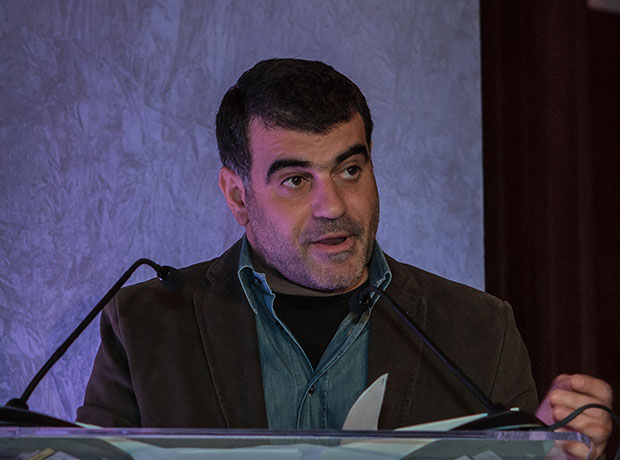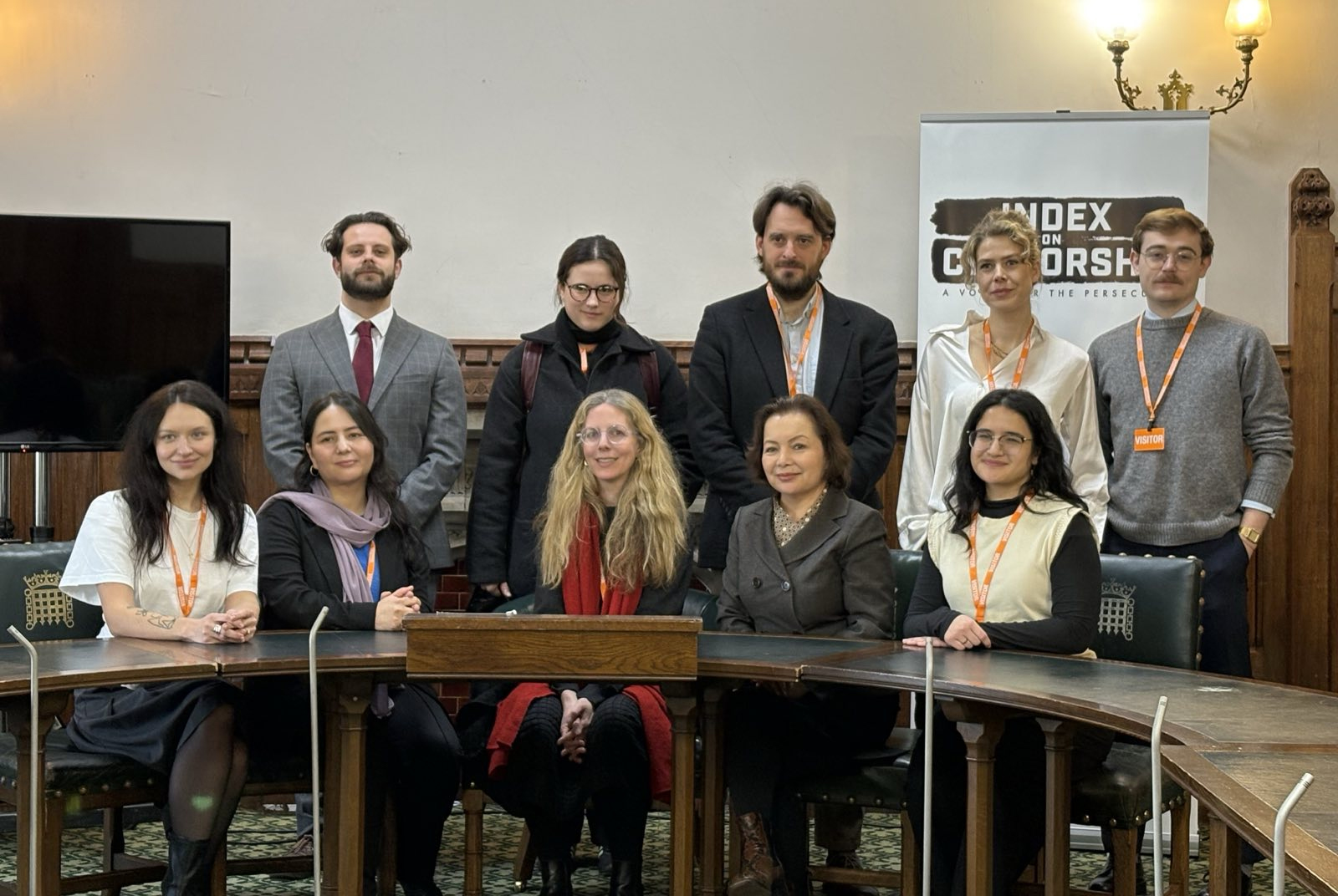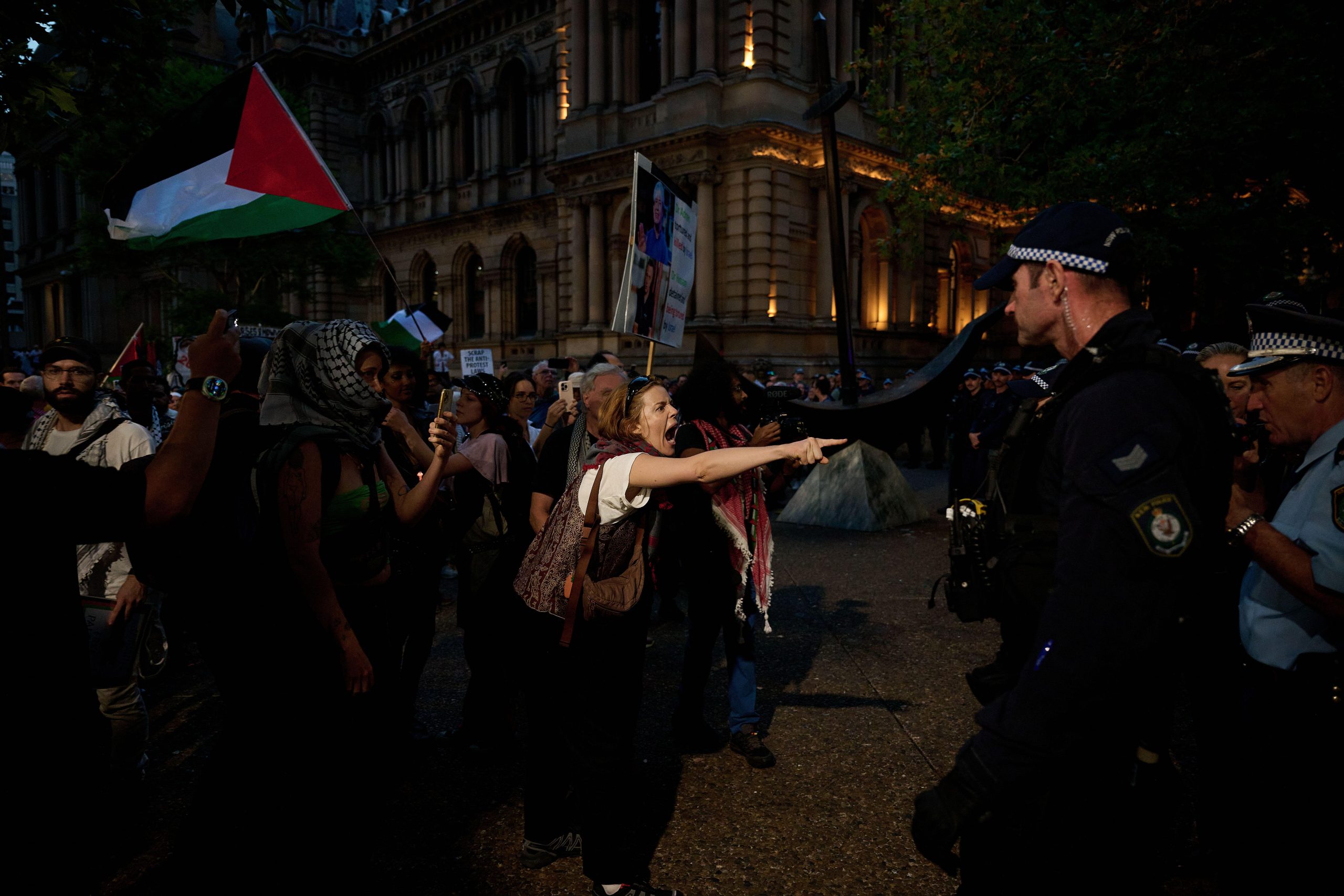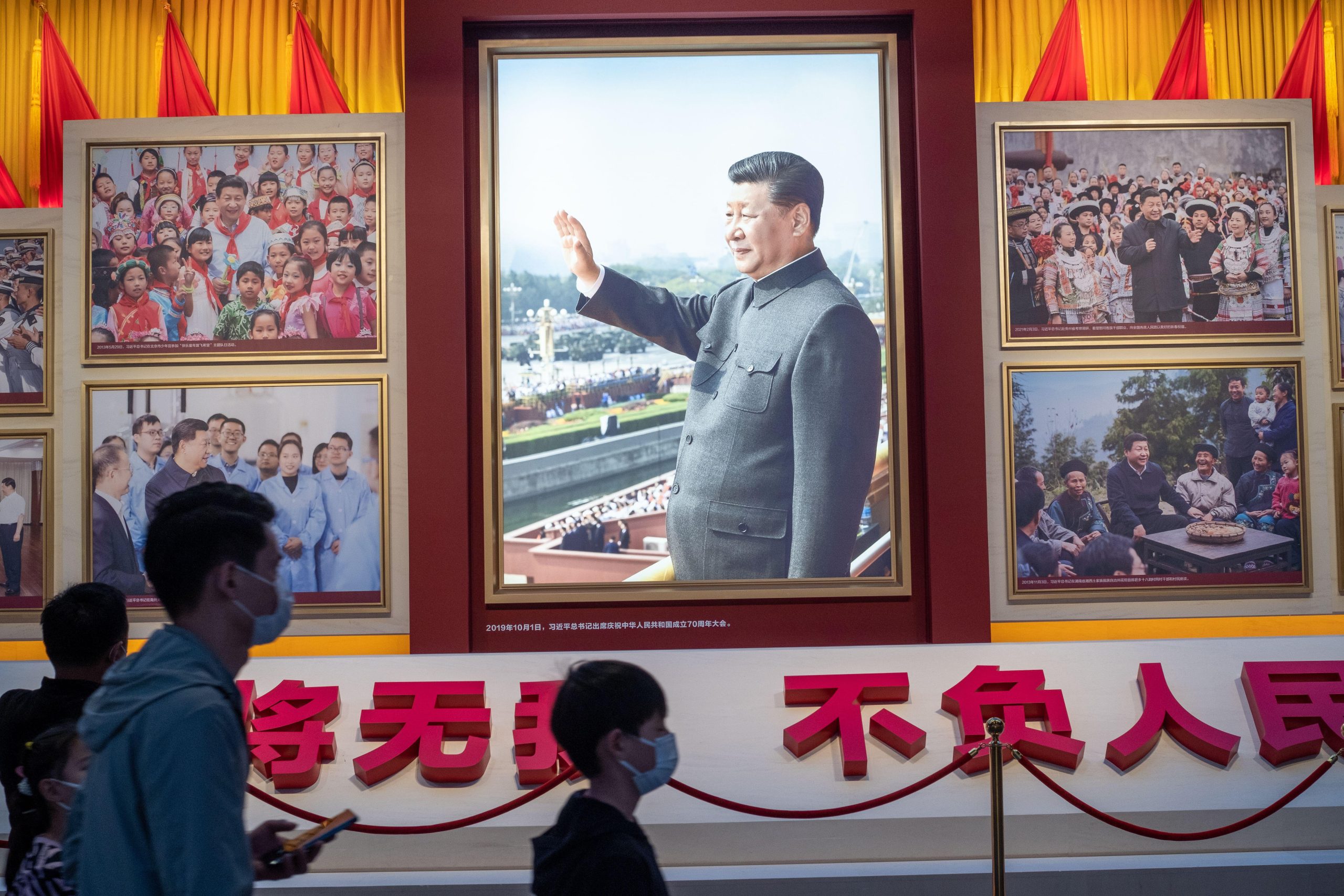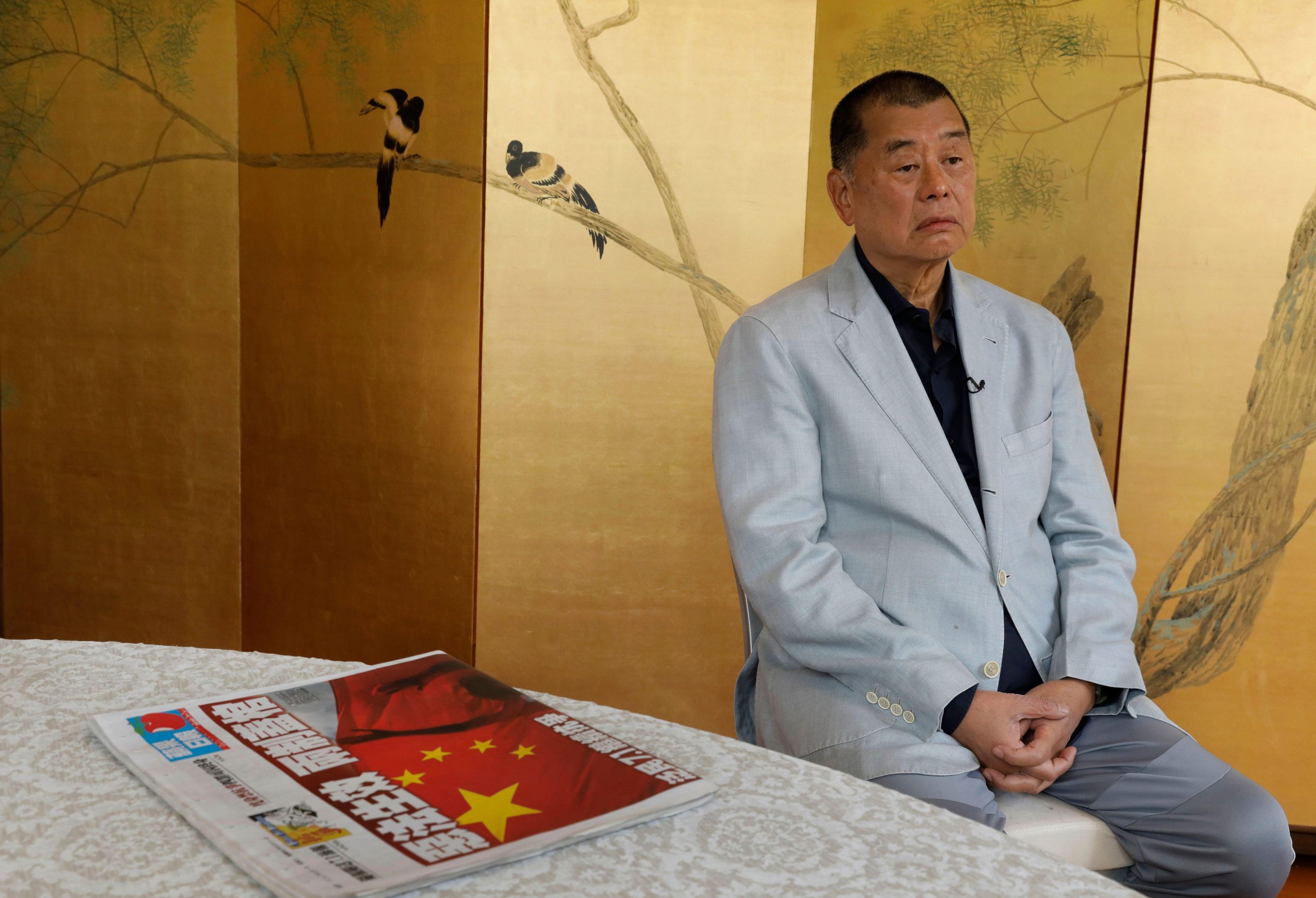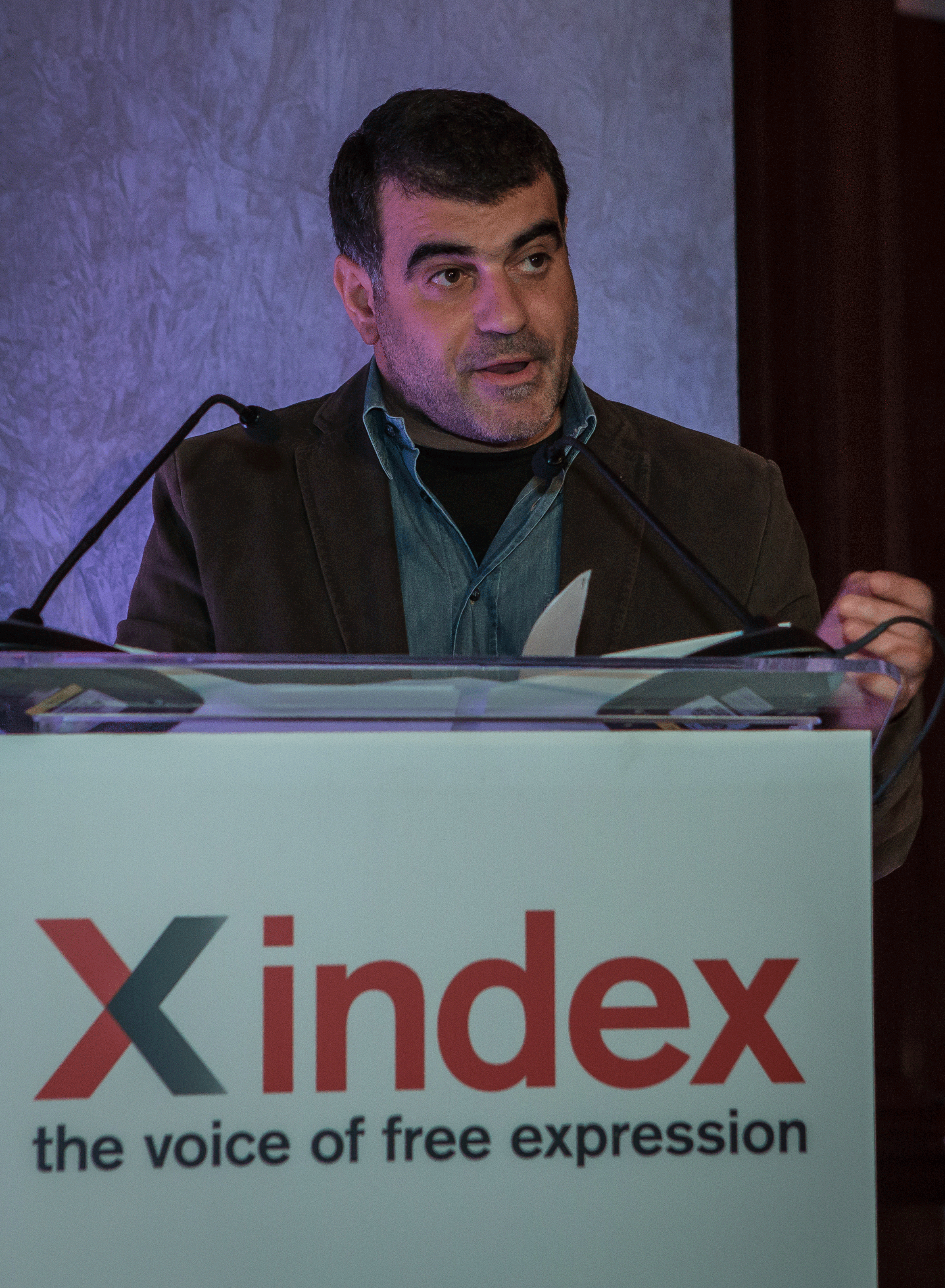
Kostas Vaxevanis won the 2013 Index on Censorship Journalism award for his investigative journalism through his work on the magazine Hot Doc. On 30 March 2015 he was convicted of criminal defamation for his reporting on banking irregularities in Greece and given a 26 month suspended sentence.
The justice system of Greece is often compared to a very thin fishing net, which catches the small fish, but which allows the bigger, stronger fish to break free.
It is a widely-held belief in Greece that there is a lack of justice administered by the country’s judicial system, and this belief is confirmed if one looks at recent history.
None of the major scandals of recent years — ranging from that of the Athens Stock Exchange to the scandal involving judges who conspired in the rigging of court cases — resulted in any guilty verdicts.
A few days ago, the Greek justice system sentenced former finance minister Giorgos Papakonstantinou to a mere 12 months’ imprisonment for his removal of names from the so-called Lagarde List of alleged Greek tax evaders with Swiss bank accounts, while he was not convicted for the most serious charges against him, namely, his inaction with regard to the individuals named on the list. However, this paradoxical situation, in which the Greek justice system charged and attempted to prosecute me on two occasions over the publication of the Lagarde List but did not sentence the government minister who concealed it, does not stop here. At the same time that a Greek court issued a paltry 12 month prison sentence to Papakonstantinou, a different court sentenced me to a 26 month suspended sentence, following charges that were filed against me by one of Greece’s major oligarchs, businessman Andreas Vgenopoulos.
Investigative reports which were publicised in the magazine which I publish, Hot Doc, revealed that Andreas Vgenopoulos had purchased the Cyprus-based Marfin Bank, which he then utilized in order to provide capitalization to other business interests of his and to those of his fellow oligarchs. According to the Cypriot government, Vgenpoulos’ actions with Marfin Bank was one of the main factors which resulted in the collapse of the country’s economy.
All of the reports which were published in Hot Doc were derived form official documents from the parliament of Cyprus, from Cypriot prosecutors, from Greek courts, and from the central banks of Greece and Cyprus. On the basis of documentation, anti-corruption prosecutors were obliged to launch an investigation regarding the financial activities of Vgenopoulos.
Even though this investigation is still in progress, along with a parallel investigation being conducted by Cypriot authorities, who have also issued a warrant for the freezing of Vgenopoulos’ assets totaling €2.4 billion, I was tried and sentenced by a Greek court on charges of libel. In court, I provided documentation from the vice prosecutor of the Greek Court of Appeals, who was requesting that Greek authorities investigate Vgenopoulos on allegations of bribery and money laundering based on evidence held by Cypriot authorities. Despite this, I was found guilty and issued a sentence that is greater than that issued by the Greek judicial system to a former Greek government minister, Giorgos Papakonstantinou.
In contrast to the standards of European law and European court decisions, which have made it clear that journalists are obligated to maintain a critical stance and, often, a strong and aggressive tone towards public figures, the Greek court which tried me concocted “malicious intent” on my part. Indeed, it is notable that the prosecutor, who was the same individual which had requested that I be sentenced for my revelation of the Lagarde List, on the basis of an unprecedented assertion: that I am “a very good journalist”, which means that my actions were undertaken “with malicious intent, and not out of ignorance”. This is unprecedented in global legal history.
Following my sentencing, numerous international organizations and actors responded, including the OSCE and the International Federation of Journalists, but once again, the only reaction in Greece was a guilty silence. At the present time, I am personally facing, along with Hot Doc magazine, no less than 42 different criminal cases and lawsuits. These are charges filed by politicians and oligarchs, whom we have investigated as part of our journalistic responsibilities. None of these individuals have officially responded to any of our revelations, as public figures are obliged to do.
Instead, they have resorted to legal means while attempting to influence public opinion by saying that they “will punish the slanderer in court”. In this way, they avoid responding to the revelations made against them and employ the justice system in their favour, to hold journalists hostage. It should be noted that Hot Doc’s legal bills for all of these different cases have surpassed €100,000.
The ultimate aim of this coordinated effort of charges and lawsuits against me and my magazine is to force us to reach a settlement, or to otherwise lead to our economic obliteration. It is rare for a journalist to challenge a coordinated and corrupt system, which also holds influence over specific individuals within the legal system, who then hold the power to issue specific sentences and decisions upon request.
Meanwhile, freedom of the press is rapidly being transformed into an altar upon which everyone pretends to worship, but which contains many skeletons within.
Unfortunately, the same is true of justice in Greece as well, resulting in a system where even honest justices often operate in fear of displeasing a government minister or major business figure, who has the power to file charges against them and destroy them.
When former defense minister Akis Tsohatzopoulos was arrested, his personal effects included notes on coordinated actions he would undertake with business figures, in order to destroy prosecutors who were continuing investigations against him. The justice system, in turn, did not have the courage to further examine this and to investigate those who plotting to kill their fellow prosecutors, instead allowing these crucial pieces of evidence to get “lost” in the mountains of paperwork relating to this case.
In this most blatant of manners, judges and prosecutors who depart from the judicial branch in Greece later become legal consultants to the same business figures which, until recently, they held a responsibility to investigate and prosecute. And this convoluted web of corruption and injustice is veiled behind a legal system which issues harsh punishments for charges such as that of libel. This legal system arrests and prosecutes “slanderers”, but, God forbid, never any major fraudsters or corrupt politicians. The very concept of an independent judiciary is devalued on a daily basis in Greece, in the eyes of justice and common sense. If one asks judicial professionals to tell you about justice, they can refer you to a whole range of laws, but to far fewer instances of true justice being served or public figures having been imprisoned.
This column was posted on April 20 2015 at indexoncensorship.org

